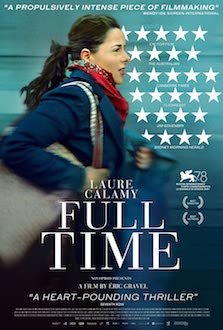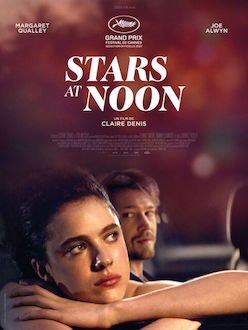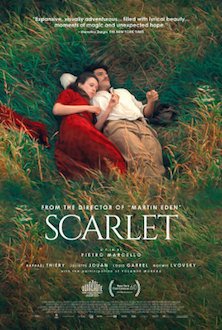Direction: Lukas Dhont
Country: Belgium / France / Netherlands
Lukas Dhont’s sophomore feature, Close, is an unheralded gem of a motion picture, and one of the most authentic depictions of teenage tragedy in memory. If the 31-year-old Belgian director, a specialized artisan in filming adolescence and the quest for identity, had made a name for himself with Girl (2018), he now takes a huge leap forward with a deeply moving drama about two inseparable 13-year-old friends, whose special connection is suddenly disrupted in the face of the quick judgment shown by their schoolmates. Tragedy leads to guilt, whose corrosiveness is deterrent to a normal life.
It’s impossible not to be taken in by this devastating and powerful film marked by standout nuanced performances from the two young leads, Eden Dambrine and Gustav De Waele. One simply finds perfection in their acting debuts.
Finely framed and tightly constructed, the film deals with emotions that swell significantly in non-flashy ways. Every occasion is clearly expressed, including the beautiful scenes between mothers and sons. I found the payoff considerably higher here than in the majority of movies about the same topic. One thing is certain: after watching Close, you won't forget its protagonists such is the intimacy and pain associated with their interactions.
While working on the thoughtful screenplay, Dhont drew inspiration from the book Deep Secrets: Boys’ Friendships and the Crisis of Connection by psychology professor Niobe Way. His formidable film was the recipient of Cannes Grand Prix and lingers in my head since I’ve watched it.








































